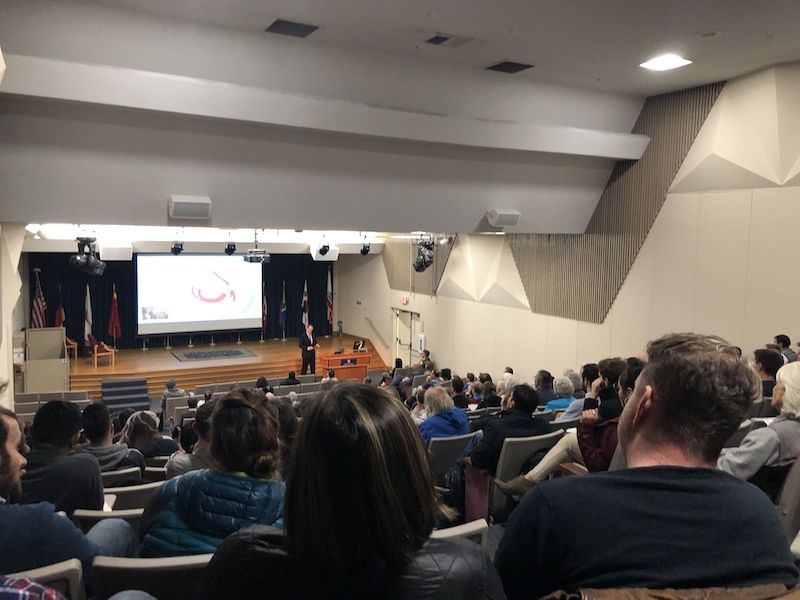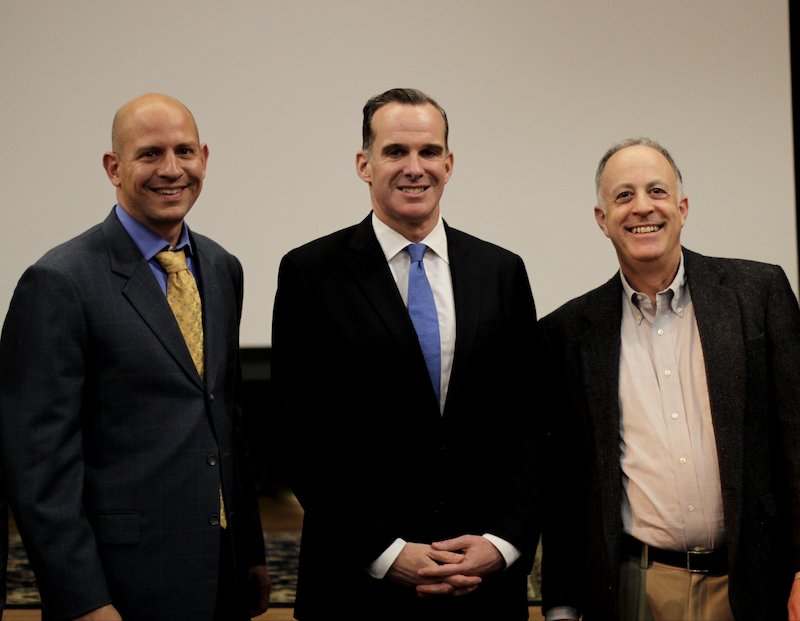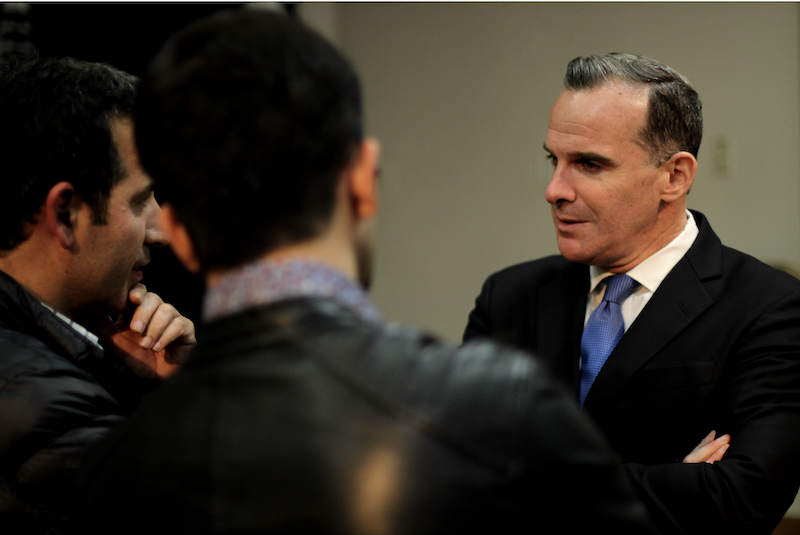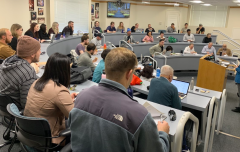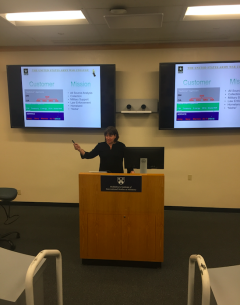CTEC Expands Portfolio with New Grant
The Center on Terrorism, Extremism, and Counterterrorism (CTEC) at the Middlebury Institute of International Studies has joined a consortium to provide capacity building in the area of counterterrorism finance as part of a global project.

